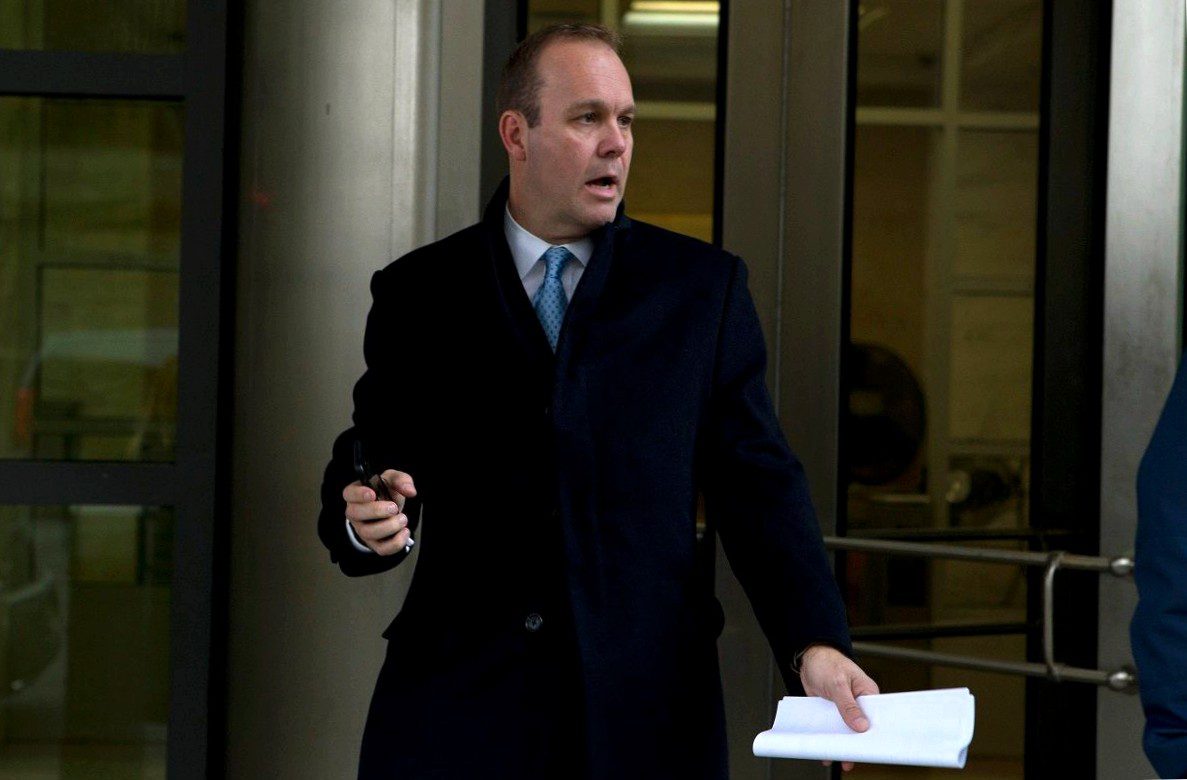U.s. Mortgage manager sentenced to 30 years in prison for fraud
A former mortgage manager in the U.S. faces 30 years in prison after being found guilty of fraud. California man defrauded investors out of more than $20 million with fake documents and false promises.
The conviction of the 48-year-old man is another example of the fight against financial crime in the United States. The sentence should also serve as a warning to other fraudulent managers who seek to abuse investor confidence.
This type of fraud, using fake mortgage paper, was one of the triggers of the 2008 global financial crisis. Since then, regulators in the U.S. and around the world have instituted tighter controls to prevent such incidents from occurring.
The mortgage manager’s conviction shows that these measures are necessary to maintain confidence in financial markets and investments. The courts will continue to crack down on financial crime and fraud to protect people’s financial well-being.
The mortgage manager in the spotlight: what did he do??
There have been a lot of headlines lately about a mortgage manager who was convicted of fraud and now faces 30 years in prison. Many people wonder who this manager is and what he did to deserve such a long prison sentence.
The manager, whose name was not mentioned in the verdict, was responsible for granting mortgages to thousands of people in the U.S. However, it turned out that he had cheated in the approval of these loans by giving false information about the income and creditworthiness of the borrowers.
Because of this scam, many people obtained loans they could not actually afford, which ultimately led to a large increase in foreclosures and the collapse of the housing market in the U.S. The manager was eventually arrested and brought to trial, where he was found guilty and sentenced to the lengthy prison term.

- Who is the mortgage manager?
- What impact did his fraud have on the U.S. and the global economy?
- How he was caught and convicted?
- And what does this sentence mean for mortgage lending in the future?
How the fraud was discovered
The fraud committed by the U.S. mortgage manager was not immediately discovered. It took a while for some customers and investors to become suspicious and investigate further.
The investigation found that the mortgage manager had provided false information about the assets of the loans. This allowed him to enrich himself and his company while borrowers were unable to service their mortgages.
When investigators finally uncovered the matter, the mortgage manager was arrested and charged. A lengthy court hearing ensued, with the parties involved presenting their arguments and presenting evidence. Ultimately, the manager was found guilty and sentenced to 30 years in prison.
Discovery of the fraud was a major success for legal authorities and a glimmer of hope for defrauded customers and investors. The case shows how important it is to be vigilant and report anything suspicious in order to detect fraud and hold those responsible accountable.

The consequences of the fraud for the victims
Fraud can have serious consequences for victims. In the case of the U.S. mortgage manager sentenced to 30 years in prison for fraud, the impact on the many victims is enormous. Through its criminal schemes, it has deprived many people of their property, and often their life savings as well. Many victims lost their homes and became homeless. They have had to look for new homes and often pay off debts they built up as a result of the fraud.
But the effects of fraud often go even further. Many victims suffer severe psychological distress and trauma from the loss of their property, as well as from feelings of powerlessness and deception. Trust in other people is shaken and victims’ lives are often fundamentally changed. Many will have to deal with the consequences of the fraud for a long time to come and live with the consequences of the crime.
It is therefore important that fraud is consistently punished and victims are offered support. This is the only way to help them come to terms with what they have experienced and get their lives back on track. In the case of the U.S. mortgage managers in particular, it sends an important signal that law enforcement agencies are consistently cracking down on white collar crime and standing up for the rights of victims.
- Loss of property and savings
- Often homeless and forced to pay off debts
- Severe psychological distress and trauma
- Shaken trust in other people
- Long-term impact on the lives of victims
What does the ruling mean for the future?
Now that the former U.S. mortgage manager has been sentenced to 30 years in prison for fraud, the question is what impact this sentence will have on the future.
First, it should serve as a warning to other financial managers who may be tempted to take unethical or even illegal actions to promote their businesses. The harsh punishment that the perpetrator received shows that such actions will not be tolerated and can have serious consequences.
On the other hand, the verdict could also cause other financial sector executives to become more cautious and exercise restraint to avoid getting into similar situations. This could lead to a more accountable and transparent financial system overall.
- Are energy resources shifting toward renewable energy sources?
- How will the ruling affect the housing market?
- Will regulators implement tougher guidelines regarding the mortgage industry?
These and other issues may be important in the future as we assess the long-term impact of this significant ruling on the financial and economic world.